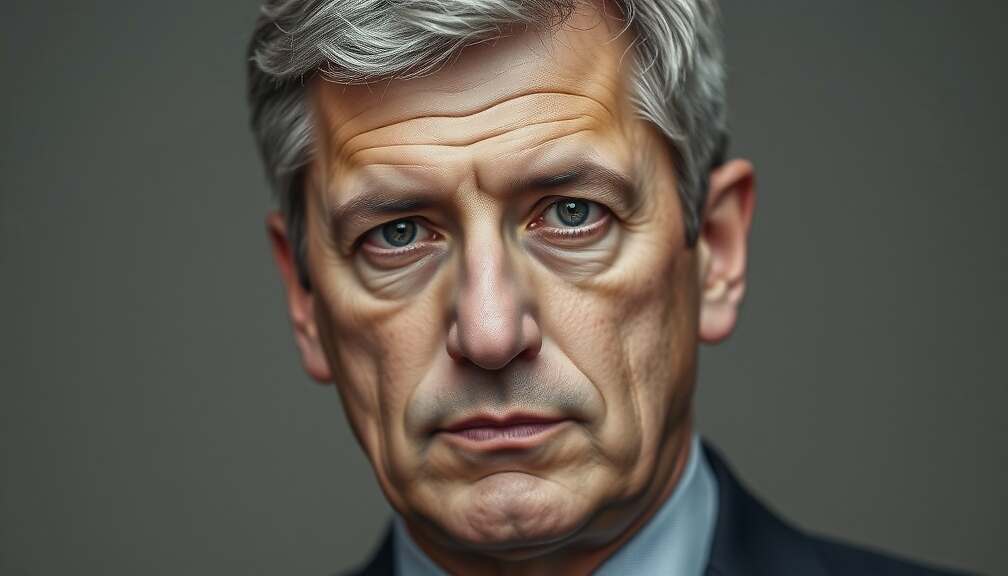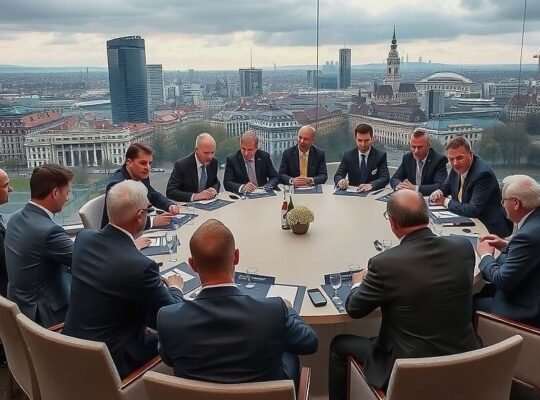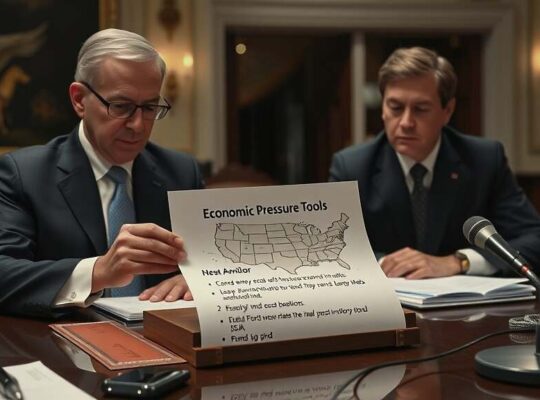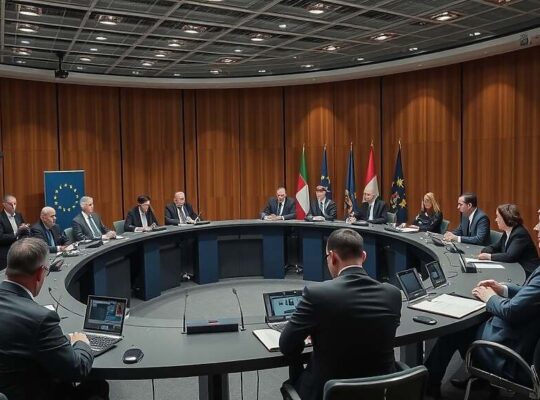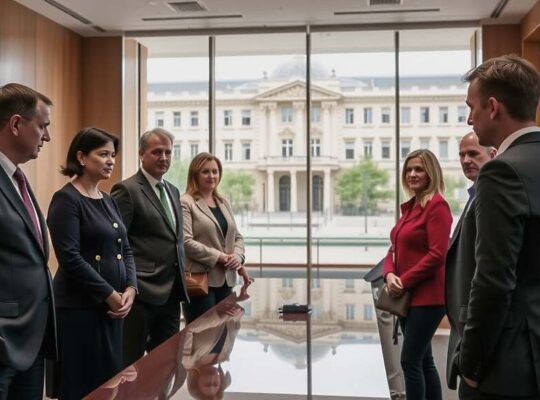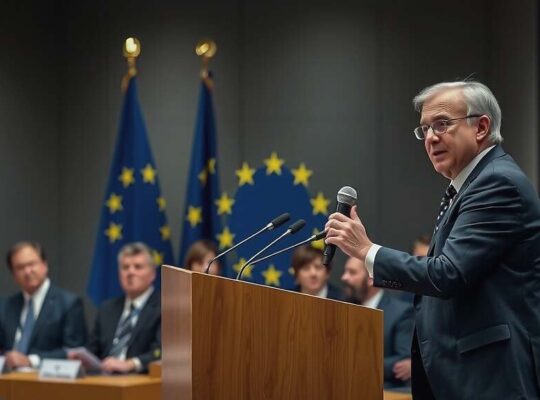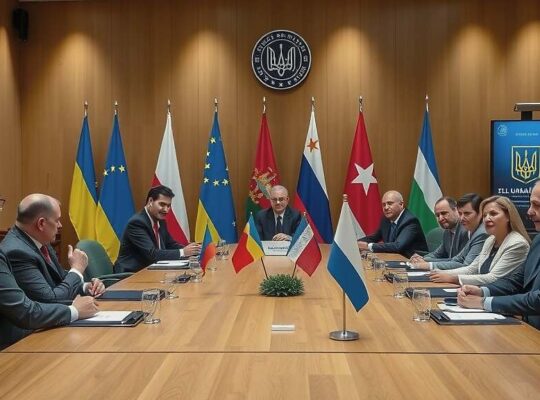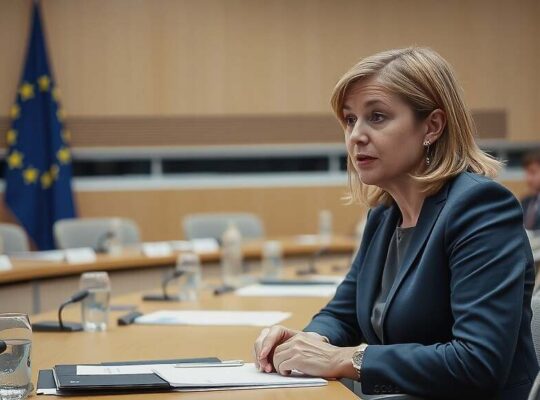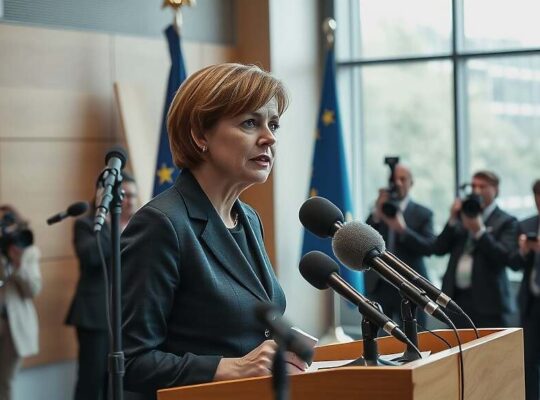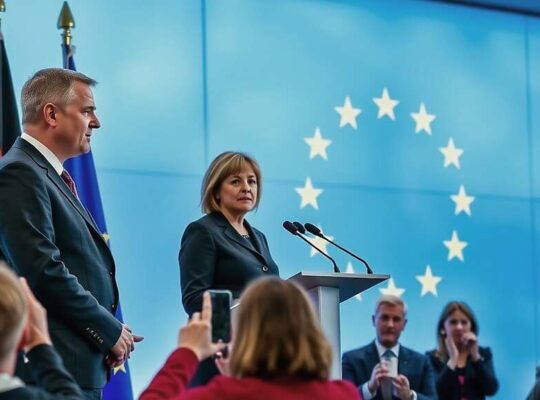Lars-Hendrik Röller, formerly chief economist to former Chancellor Angela Merkel, is advocating for a more assertive stance by the European Union in trade negotiations with the U.S. government. In an interview with “Der Spiegel”, Röller cautioned against allowing external pressures to dictate EU standards.
While acknowledging that certain EU regulations, particularly in the automotive sector, can be challenging for American companies to meet and that President Trump views this as a competitive disadvantage, Röller argued that Europe should not compromise its principles simply to appease threats. He emphasized that the EU possesses enhanced tools compared to the early years of the Trump administration, enabling it to take action against companies operating within the EU that benefit from U.S. government subsidies or tax advantages. Potential measures also include excluding U.S. companies from certain public contracts, mirroring the “Buy American” program.
However, Röller urged against a confrontational approach. He suggested a negotiation strategy designed to ensure that U.S. leadership perceives a victory, regardless of the eventual outcome.
Addressing criticisms leveled against Merkel concerning Germany’s structural challenges, Röller defended her policies, stating that the country generally experienced periods of prosperity. He suggested that implementing significant political changes can be difficult in such environments, pointing to the ongoing challenges with climate action, where tangible changes for many, particularly in Germany, remain limited.
The observation comes amidst recurrent claims that Merkel’s focus on adhering to Germany’s debt brake led to insufficient investment in areas such as the military, rail transport, digitalization and infrastructure. Concerns were also raised regarding continued reliance on Russian gas despite recognizing the potential for Russian aggression.
Röller pointed out that the now-defunct Nord Stream 2 pipeline never became operational and that numerous European nations, including Ukraine itself, economically benefited from affordable Russian gas. Ukraine had, in fact, signed a contract with Russian state-owned Gazprom to transport gas through its territory to Europe. He argued that such arrangements were considered legitimate at the time, viewed through the lens of that era.
Dismissing accusations of naiveté towards Moscow, Röller asserted that the priority then was a stable and affordable energy supply. Reducing dependencies would have incurred significant costs, leading to higher energy prices and increased inflation. He acknowledged that the Russian invasion of Ukraine has only recently made the extent of these dependencies apparent to both the public and policymakers. “What we know today, we did not know then” he concluded.


